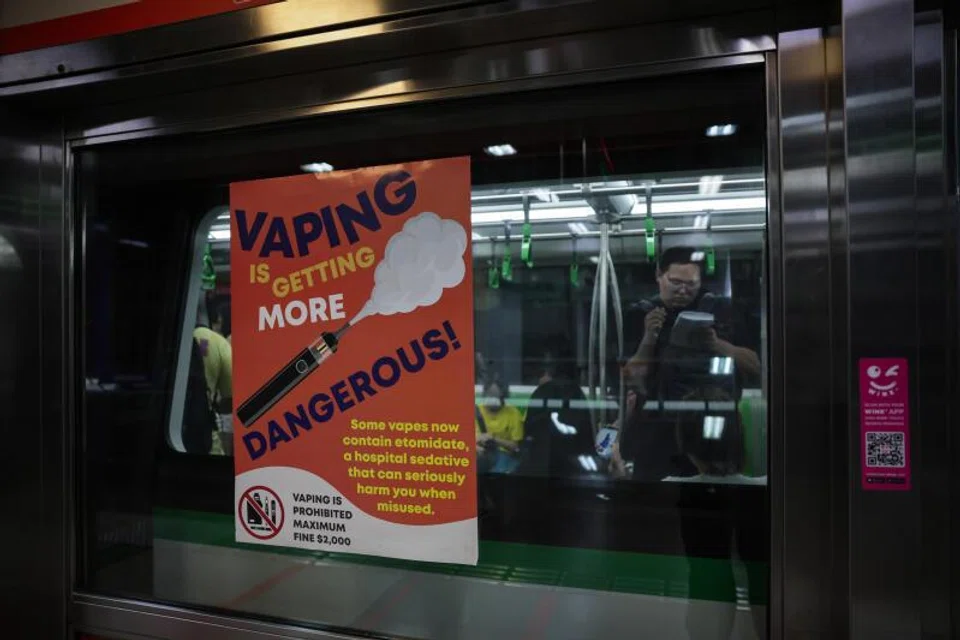
This week, the Australian Medical Association sent a letter to Health and Aged Care Minister Mark Butler highlighting serious issues with current regulations for nicotine vaping products (NVP).
Professor Robinson summarized the health risks associated with vaping in his letter. The use of electronic cigarettes is becoming more prevalent among adolescents and young adults, creating a pathway to smoking. Smoking can also have harmful effects, such as seizures, nicotine poisoning, and lung damage related to e-cigarettes.
Professor Robinson stated that the long-term health effects are still unclear and emphasized the need for stronger legislation, which was introduced on October 1st last year.
The legislation means that NVP can only be purchased with a prescription at the federal level, closing a loophole that allowed Australians to buy NVP from overseas without a prescription. However, Professor Robberson wrote in a letter to the minister that the legislation is "surprisingly weak" on crucial issues.
Professor Robinson suggests that in order to address these issues, the AMA proposes that the government implement the following five reforms:
1. The concentration limit for therapeutic nicotine products allowed has been reduced from 100mg/ml to 20mg/ml, and restrictions have been placed on the flavors and quantities of nicotine that can be prescribed or ordered. 2. The import of NVP through personal import programs is prohibited. 3. Collaboration with state and regional governments will see NVP included in real-time prescription monitoring programs to reduce the risk of doctor shopping. 4. The MBS remote smoking cessation program will be modified so that only a patient's regular physician can prescribe NVP as a smoking cessation tool. 5. Collaboration with state and regional governments will lead to a more consistent and strategic approach to the issue, including better enforcement of e-cigarette laws to prevent the illegal sale of these products, particularly to young people.
Statement
This article is compiled from third-party information and is intended for industry exchange and learning purposes only.
This article does not represent the views of 2FIRSTS, and 2FIRSTS cannot confirm the veracity or accuracy of the content. The translation of this article is solely for the purpose of industry exchange and research.
Due to the limitations of our translation capabilities, the translated article may differ slightly from the original. Please refer to the original text for accuracy.
In matters pertaining to domestic, Hong Kong, Macau, Taiwan, and foreign affairs, 2FIRSTS aligns fully with the Chinese government.
The copyright for the compiled information belongs to the original media and the author. If there is any infringement, please contact us for removal.
This document has been generated through artificial intelligence translation and is provided solely for the purposes of industry discourse and learning. Please note that the intellectual property rights of the content belong to the original media source or author. Owing to certain limitations in the translation process, there may be discrepancies between the translated text and the original content. We recommend referring to the original source for complete accuracy. In case of any inaccuracies, we invite you to reach out to us with corrections. If you believe any content has infringed upon your rights, please contact us immediately for its removal.







